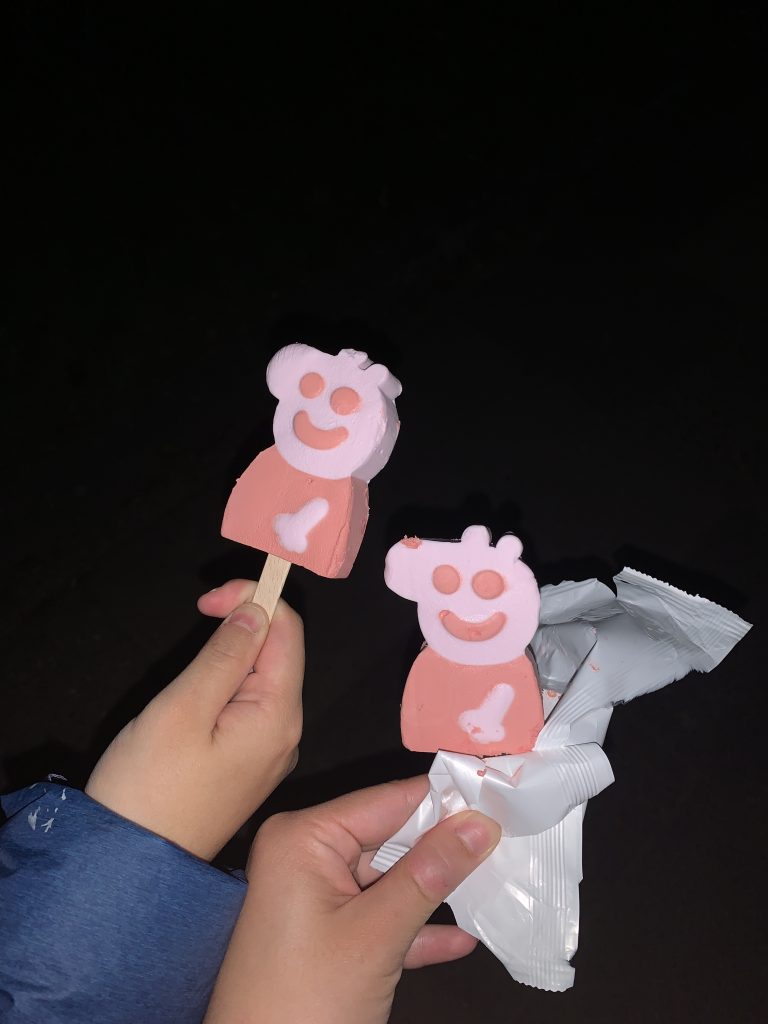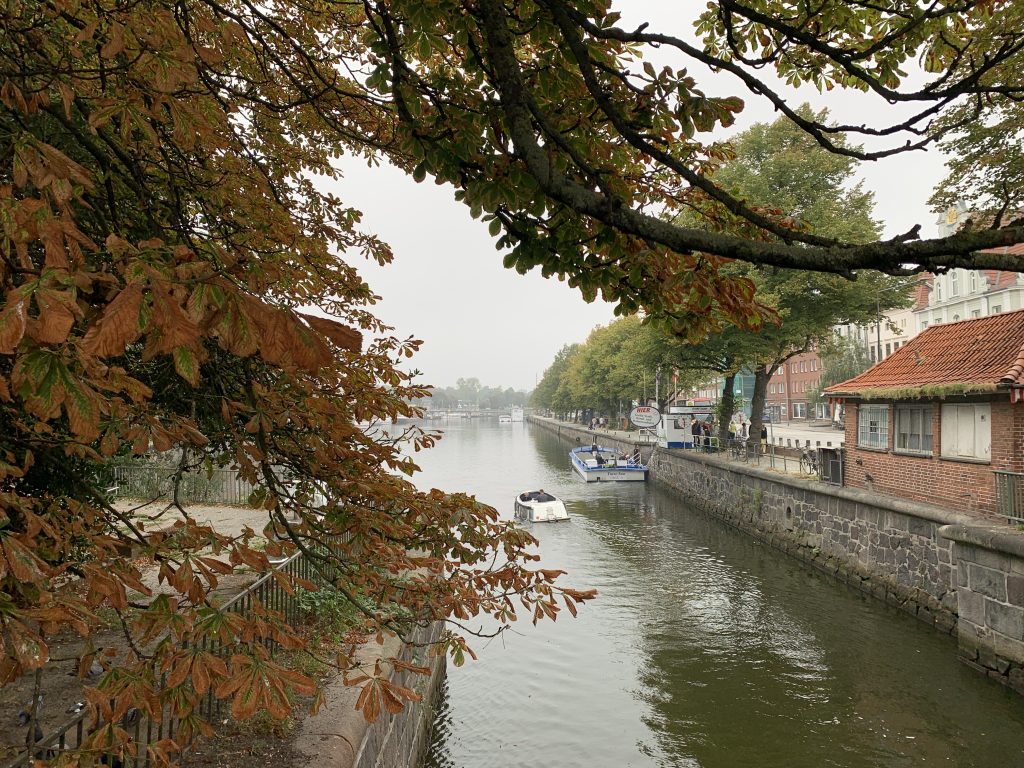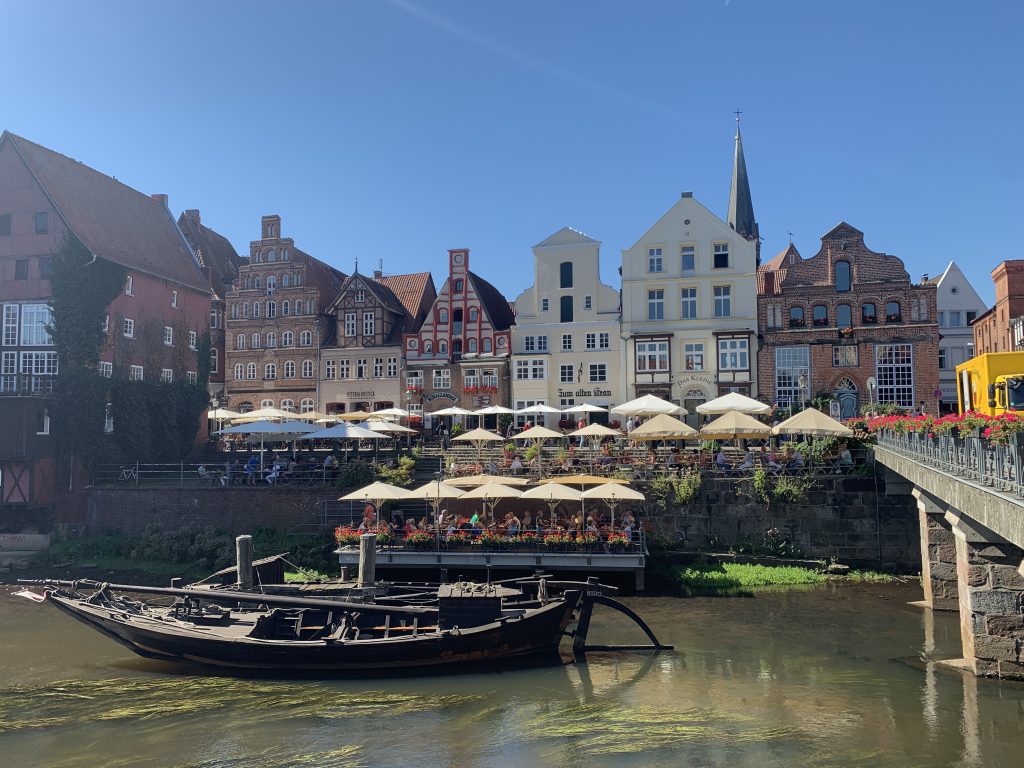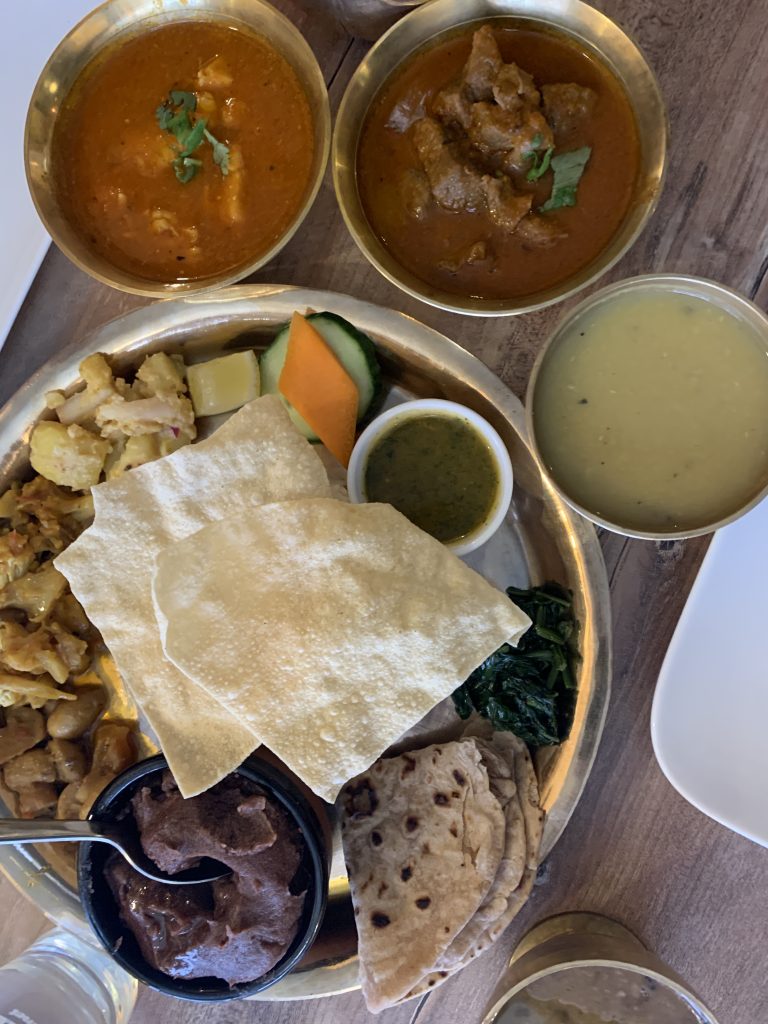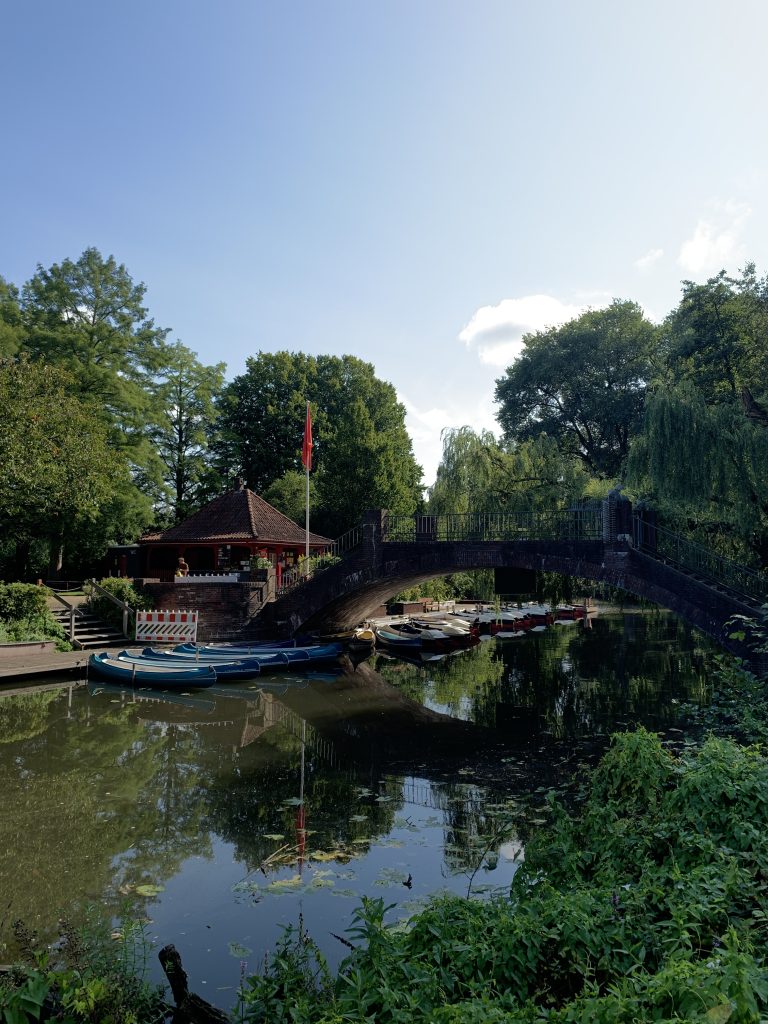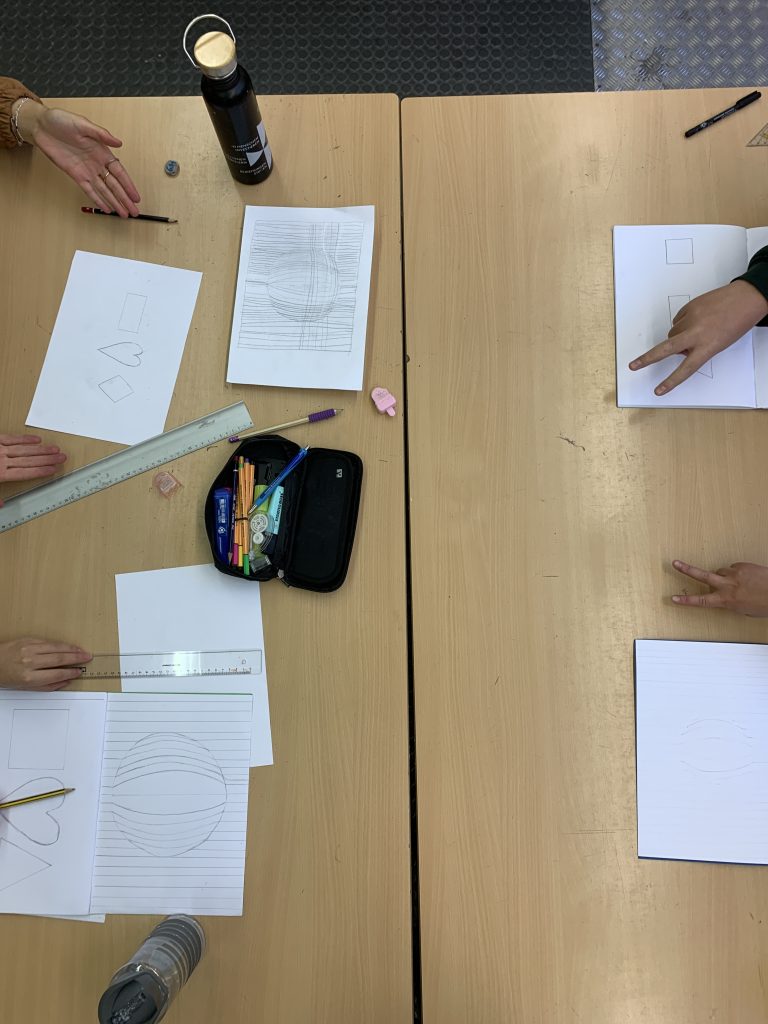Jane Xu
September 14, 2023
We are making our way to the baggage claim, the straps of our backpacks digging into our shoulders and carving into our skin. We’re out of breath, a bit sweaty from running despite just getting off our last flight, and things are falling everywhere. In the Hamburg airport, we find ourselves swept off our feet by different languages and accents. Hastily, we hop into the taxi with our four hunky boxes of clothes, toiletries, and other remnants of our lives in Calgary, and watch from the windows as Hamburg pulls into sight: a vast swath of picture-book green, greener than anything I have ever seen. We note how strange the tilt-and-turn windows are, which must be so trivial to a German native. Suddenly, I am hyperaware of my presence as a visitor, especially my salient identity as Chinese Canadian, and of the upcoming culture shock and adjustments I will soon have to navigate.
I have been in Germany for the past two weeks. It is a bit strange to be physically situated in a place that I have only previously seen in pictures or through words, but even within this short amount of time I am beginning to call the AirBNB that we’re staying at, “home”. The sounds of Junyi cooking (smashing a garlic), the occasional wafts of dank, cellar smell, the fearless pigeons scavenging by our feet, and the cars running over loose potholes have become part and parcel of daily life. Despite having to eradicate multiple bugs a day (they are friendly, but very intrusive), this city has been kind to us. German phonics and vowels are slowly replacing some of my deeply ingrained typing habits, and I am beginning to read words in my head with a German accent. And yet, I still cannot introduce myself without tripping over the “ch” sound.
Speaking of introducing, I began the first week of school visitations with Junyi last Wednesday at Goethe-Schule-Harburg. The school is partitioned into two buildings (one called the Stadtteilschule, a regular district school, and the other Gymnasium, an upper secondary school), housing over 1800 students and 120 staff. The students are nice, straightforward, eager, and the way they fist-bump in the halls or pack up their bags way before the bell is nothing too far off from Canadian high schools. Our teacher guide and university mentors are brilliant, and with their expertise, they offer us multiple lenses and access points to the deeper culture of Hamburg and Germany. It has been exciting yet familiar getting to know the school system from an in-between (teacher-student-outsider) perspective.
To explain my experiences and anecdotes with brevity would be impossible, so here are a few notable things to share:
- For the most part, Hamburg is a very walkable and bikeable city. They also love roundabouts.
- The smaller grocery stores (Lidl, Penny, Aldi) are small in size but cheaper. The quantities of food are also smaller. People do groceries more often and in smaller amounts. Stores are closed on Sundays as Germans take their rest day very seriously.
- Hamburg is a hub for… WATER and BRIDGES — there are more bridges here than all of Venice, Amsterdam, and London together. The Alster lake is the life source of the city. And so is the rain. Bring rain boots, a WATERPHOBIC raincoat, a hardy umbrella that will withstand the wind, or you can just brave the rain like the locals and hope that you dry up before nightfall.
- Like many other places in Europe, you may have to have coins on you to pay for the bathroom, especially at tourist hot spots.
- Speaking a language as a beginner is one of the most frightening, humbling, yet rewarding experiences as a traveller
- They have so much bread! A lot of time has been put into perfecting the art of bread and adjacent carbohydrates.
- Each time I fail to ask for something in German, I reconnect with my origins as a language learner (as an ESL and first generation immigrant, I often took for granted my early integration into the Canadian school system and the support systems around me. As we get older and leave the immersive environments such as grade school, learning languages becomes much harder)
- Being comfortable with being uncomfortable is going to be the most helpful thing going forward
- Immigration is crucial here. About 30% of Hamburg’s population is migrants. Since coming here, we have observed so many different cuisines, hybrid restaurants, multiethnic recreation centers, attires, and tiny grocery stores sprinkled throughout the city. I am thankful for this, because it offers me a sense of comfort as someone with an immigrant background.
Tips:
- Before you leave, download a multi-authenticator app (as your phone number will change)
- Save your plastic bottles you can get coins at the Pfand
- You can get a prepaid SIM card (with calling) online and activate it before your departure. Be careful which one you get and be sure to consult with your liaison or locals.
These two weeks have gone by so quickly, yet I remember thinking, how are these days so long? In hindsight, these two months will feel like a short gasp. However, this is surely ample time for all of us to learn way more about ourselves, the world, and how everything works in tandem.
Going forward, I plan to get to know the students on a deeper level, get to ask some critical questions to deepen my understanding of the worldviews and education system, and continue to enjoy the cheap bread.
Tschüss!
